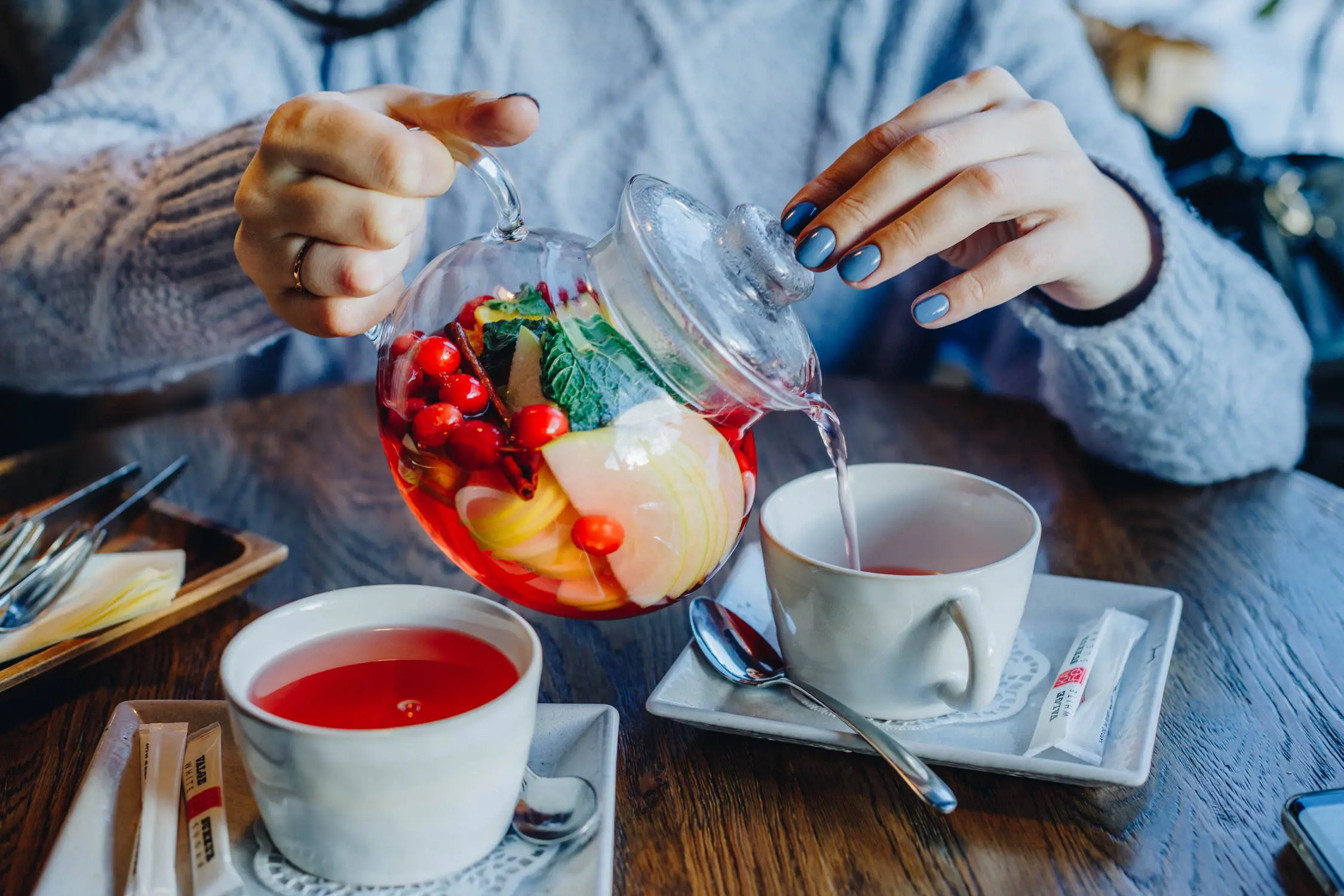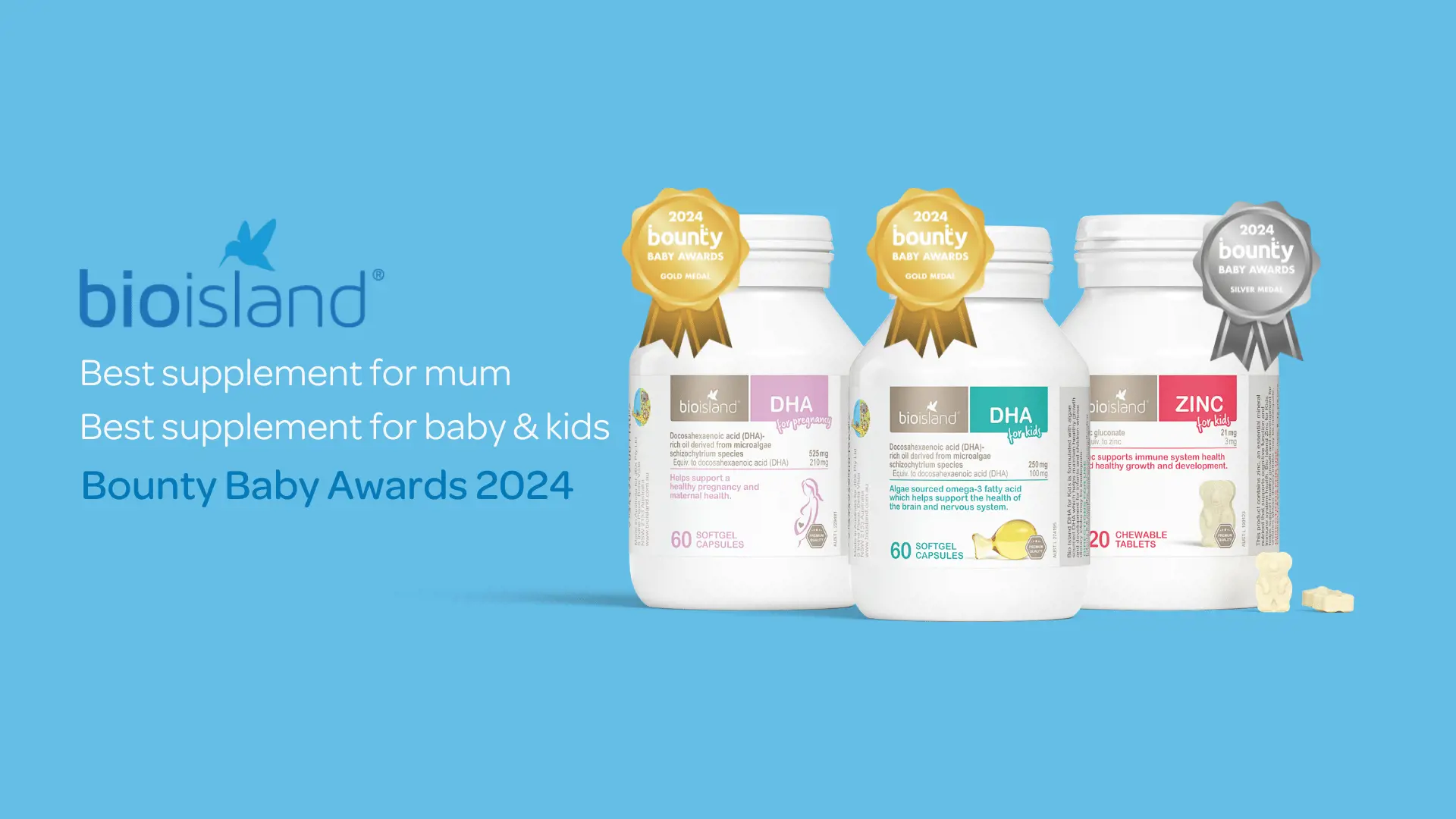
Setting nutrition goals
Want to start setting some actionable health goals which don't focus on weight loss? Here are some manageable goals to consider.
Healthy Living
By Bio Island Nutrition Team
Making changes to your diet can be challenging. By setting goals it gives you something to work towards, and keeps you motivated to stay on track. When thinking of nutritional goals, these goals do not need to be weight loss based but are just a healthy eating goal to keep you on track with your health. Once you make even the smallest of change in your diet your overall health will start to improve, with the added bonuses that you will be integrating self-care into your life and also may begin to notice other areas of daily life improve such as mental health and sleep.
These 5 nutritional goals are small manageable goals but will make a huge change to your diet and how you feel.
- Aim for 1 – 2 Litres of water per day – Water is an important part of a healthy balanced diet as the body heavily relies on it to function properly. We need water for digestion, to absorb nutrients. To help us move, get rid of waste products and to regulate our body temperate.
- Eat a little more fruit and veg – Like they say eat the rainbow! Fruit and vegetables are such an essential part of a healthy diet due to the abundance of vitamins and minerals it gives our bodies. Which helps build our immune system, gives us a boost of energy, fights of heart disease. Fruit and vegetables also contain high levels of fibre which is essential for our digestive system.
- Get adequate intakes of protein – Consuming good quality proteins is an essential part of a healthy diet. When you eat protein, it is broken down into the 20 amino acids that are the body’s basic building blocks for growth and energy. Good quality proteins are fish, poultry, dairy products, beans, nuts, and seeds. While these foods will give you the get up and go you need, they also help keep your immune system functioning, as well as helping with weight management by curbing appetite, making you feel fuller for longer and fuelling you with extra energy for exercise.
- Eat Breakfast, lunch, and dinner – Making sure you eat 3 meals a day is an easy to way to manage your food intake, as it helps control appetite and reduces the temptation to snack regularly. By grazing all day you may lose track of what you’ve been eating or even how many calories your taking in. So, by making sure you plan out 3 meals a day, it will regulate your appetite and reduce the need for snacks throughout the day.
- Prepare your own meals – This is an important one! Preparing your own food is super important, as it helps you take charge of what you are eating, as you know exactly what is going into your food. By eating pre-packaged or fast food you may be increasing your calorie intake without knowing, but you also don’t know what’s in the food, the chemical additives, added sugar and unhealthy fats of packaged items and take out foods can leave you feeling tired, bloated, irritable and exacerbate the symptoms of depression, stress and anxiety






